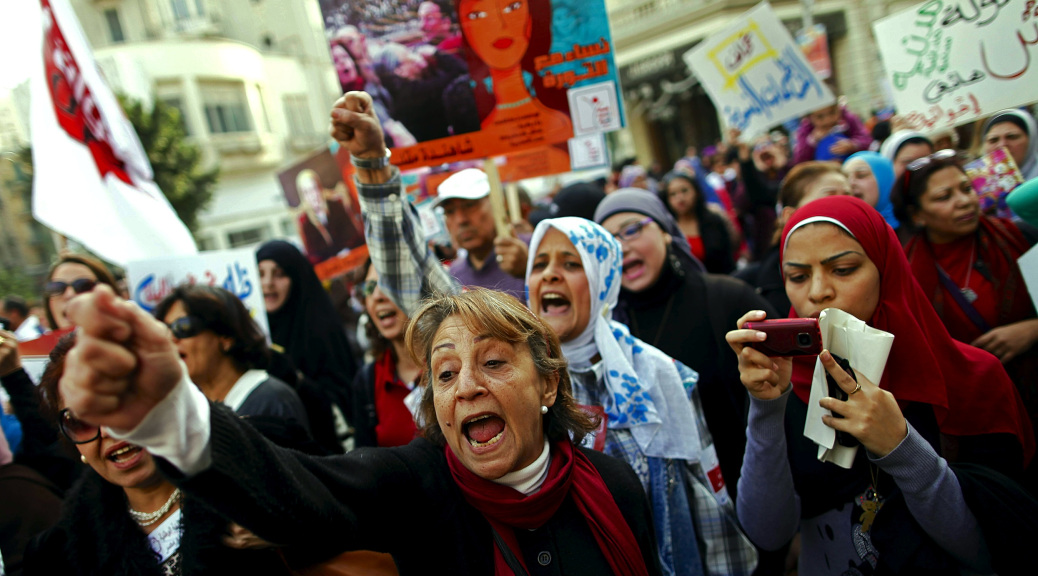Caution: The information below may be triggering due to the details of sexual assault cases reported. The streets of Cairo are always alive: cars honking, vendors calling out, friends chatting at late-night cafés. But for many women, walking through the city means staying alert. A simple stroll can shift in seconds: a stare, a comment, a hand that stretches too far. Twelve years ago, a United Nations report found that 99 percent of Egyptian women had experienced sexual harassment in some form. The figure was shocking, yet for most, it only confirmed what they already knew: which is that harassment was part of daily life. Since then, laws have changed, awareness campaigns were launched, and social movements sparked. Yet every few months, a new harassment case makes headlines, another reminder that the problem is far from solved. In 2020, the case of Ahmed Bassam Zaki, a former university student accused of sexually harassing and assaulting multiple women, ignited a nationwide conversation. His arrest was seen as a turning point, proof that authorities were finally listening. But, the headlines did not stop there. In 2024 alone, several cases reignited public outrage….
12 Years After a UN Report Found 99% of Women in Egypt Had Been Harassed, Are Egypt’s Streets Safer Today?
November 9, 2025




